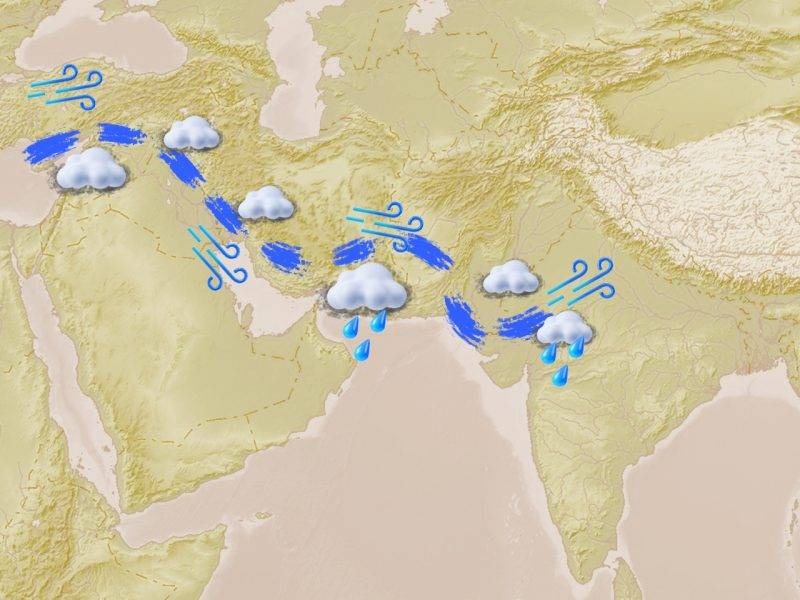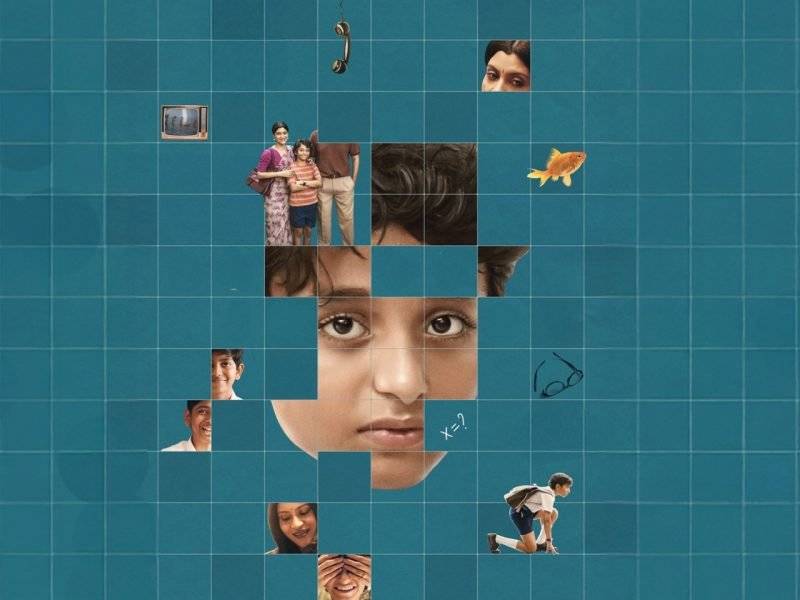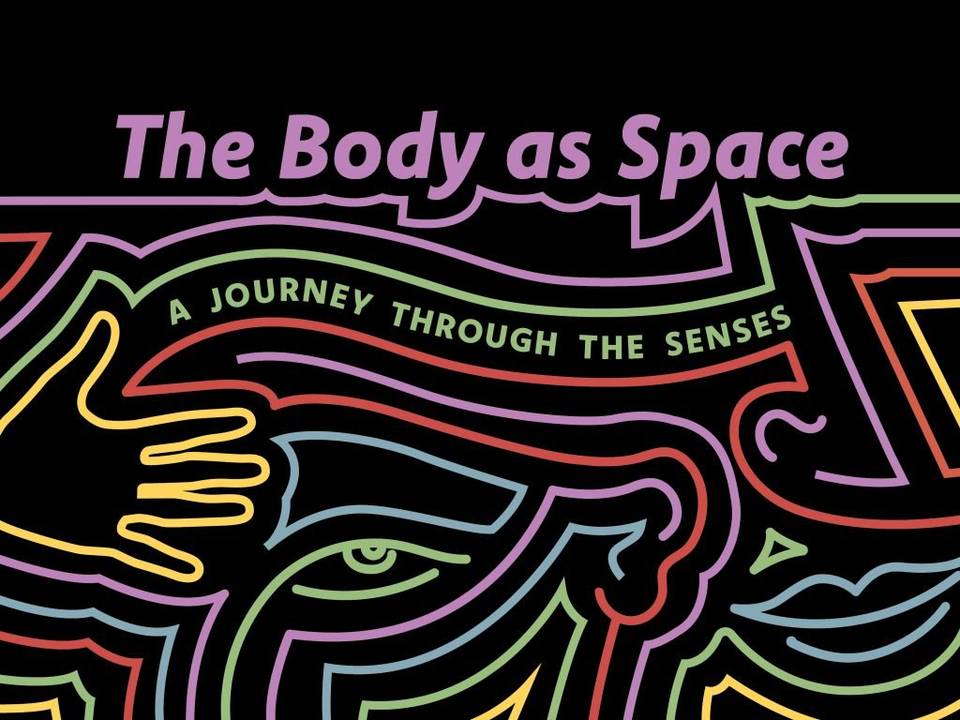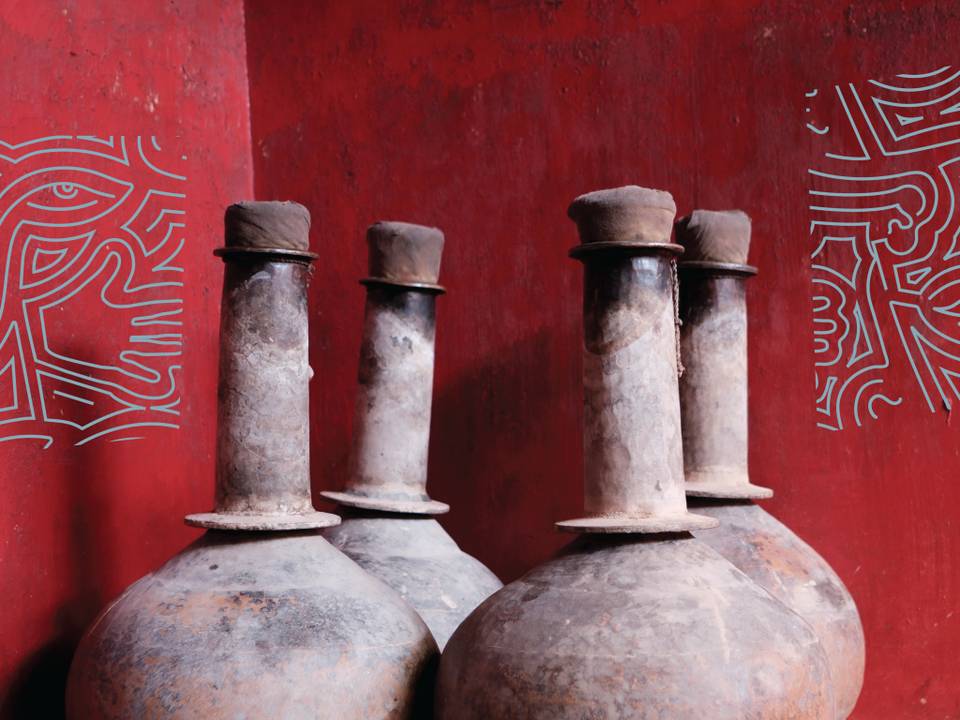Western Disturbances and Climate Variability - A Review of Recent Developments

Details
Nov 24 2025 to Nov 24 2025 4:30 p.m.
EVENT HAS ENDED
Where
Bangalore International Centre
7 4th Main Rd, Stage 2, Domlur 560071
Event Description
Have you ever wondered where India’s winter rain and snow come from? What causes the sudden cold weather, thick fog, and heavy rainfall that often affect north India? The answer is in a type of storm known as western disturbances.
Western disturbances (WDs) are massive storms, usually coming from the Mediterranean or surrounding regions, that travel thousands of kilometres eastward until they arrive at the Himalayas. There, the Arabian Sea acts as a water source, fuelling WD-driven rainfall and snowfall along the plains, hilly regions, and mountains. As a result, WDs are the main source of water for these regions, essential for farmers (producing rabi crop) and water security (replenishing glaciers).
But, WDs also have a dangerous side. They drive extreme weather and extreme impacts including flash floods, avalanches, landslides, fog, and thunderstorms. In this talk, I will discuss what we know about WDs, including where they come from, how they intensify, and how well we can track and predict them. I’ll also cover some new research, including how they’re affected by climate change and how they’re starting to interact with the summer monsoon in catastrophic ways, such as the heavy flooding in Uttarakhand in 2013, North India in 2023, and during this year’s monsoon.
This session is part of the Let’s Talk Climate Change Talk series.
Speakers
Kieran Hunt
Tropical Meteorology & AI
Dr Kieran M R Hunt is a Senior Research Scientist in Tropical and Himalayan Meteorology in the Department of Meteorology at the University of Reading. He completed his PhD there in 2016, on the topic of Indian monsoon depressions, following graduation from his physics degree in Oxford in 2013. His postdoctoral research focused on monsoon low-pressure systems and western disturbances, fields in which he has made numerous discoveries. These contributions were recognised in 2022, when he was awarded the prestigious NERC Independent Research Fellowship. In 2023, he became the co-director of the newly-established Hub for Applied Weather and Climate.
Kieran has a wide range of interests aside from those listed above, including climate change, hydrological forecasting, and developing novel machine learning and AI techniques for meteorology. He has also collaborated extensively with scientists from across India over the last decade. At Reading, he has taught on a wide range of subjects, including machine learning and numerical weather prediction.
Harini Nagendra
Director, Research Centre & School of Climate Change & Sustainability, Azim Premji University
Harini Nagendra is Director of Research Centre, and Director, School of Climate Change and Sustainability, at Azim Premji University. Her work focuses on urban ecology, forest conservation and climate change amongst other themes. She is a well-known public speaker and writer on issues of urban sustainability in India Her books include Nature in the City: Bengaluru in the Past, Present and Future; Cities and Canopies: Trees of Indian Cities; So Many Leaves, and Shades of Blue: Connecting the Drops in India’s Cities. She also writes the acclaimed Bangalore Detectives Club series, a set of historical mysteries set in 1920s Bangalore.




















